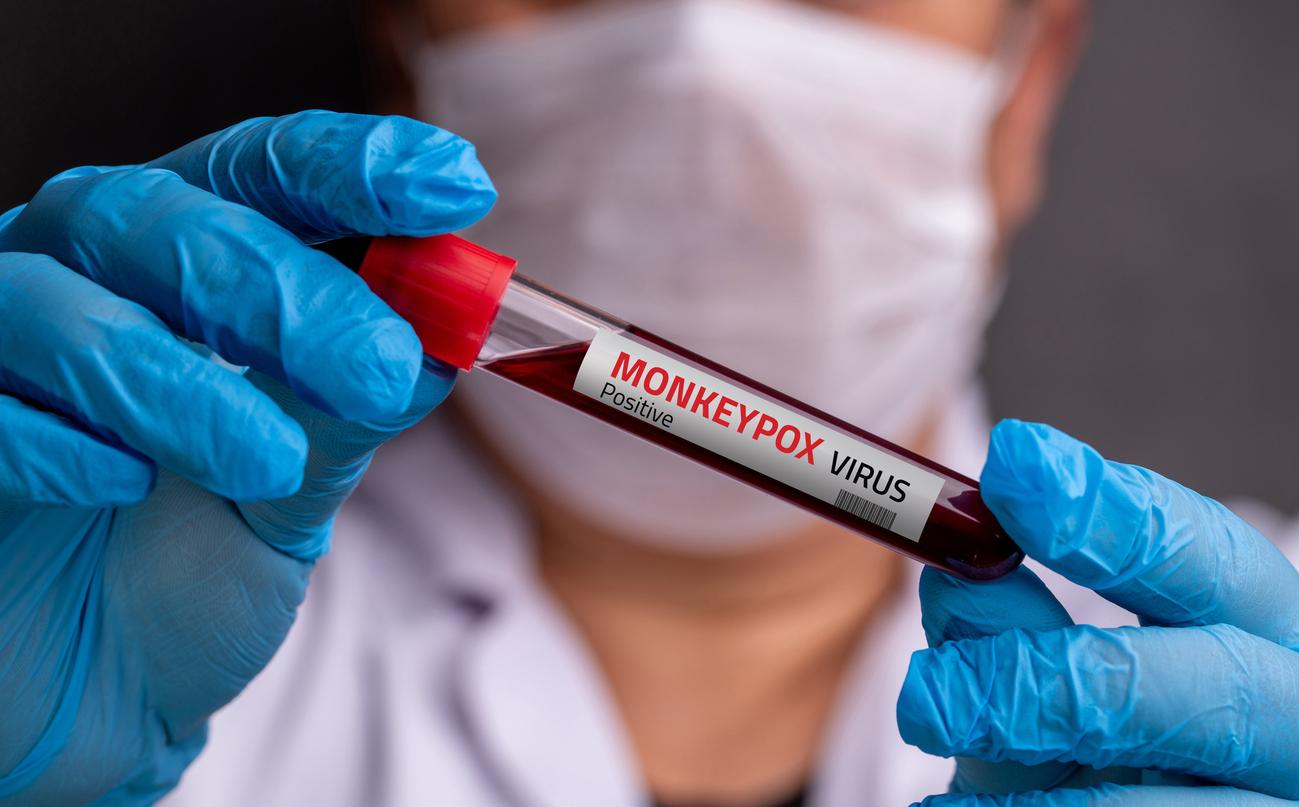A new study from the NYU Grossman School of Medicine (USA) may have solved one of the mysteries surrounding the onset of Crohn’s disease, an inflammatory bowel disease where immune defenses mistakenly target the patient’s digestive tract. According to American researchers, the norovirus (a virus which is at the origin of winter epidemics of gastroenteritis) would be the trigger for Crohn’s disease in genetically predisposed people.
In healthy people, in healthy individuals, T lymphocytes (cells essential for our immune defenses) secrete a protein called inhibitor of apoptosis five (API5), which stops the attack of cells in the mucous membrane intestinal. In their study of mice genetically modified to carry the genetic mutation linked to Crohn’s disease in humans, NYU Grossman School of Medicine researchers found that norovirus blocked the secretion of API5 by T cells in mice, causing cells in the intestinal lining to break down in the process.
On the trail of a new treatment
The researchers therefore believe that the API5 protein would protect most people with the mutation against Crohn’s disease until a second trigger, in this case a norovirus infection, causes the disease to appear.
During their experiments on the genetically modified mice, those injected with API5 survived, while half of the untreated group died. This offers a new treatment perspective for this chronic inflammatory bowel disease. “Our findings offer new insight into the key role that apoptosis inhibitor five plays in Crohn’s disease,” said study lead author and gastroenterologist Dr. Yu Matsuzawa-Ishimoto. “This molecule could constitute a new target for the treatment of this chronic autoimmune disease, which has proven to be difficult to manage in the long term.”
Source :The γδ IEL effector API5 masks genetic susceptibility to Paneth cell deathNature, October 2022
















